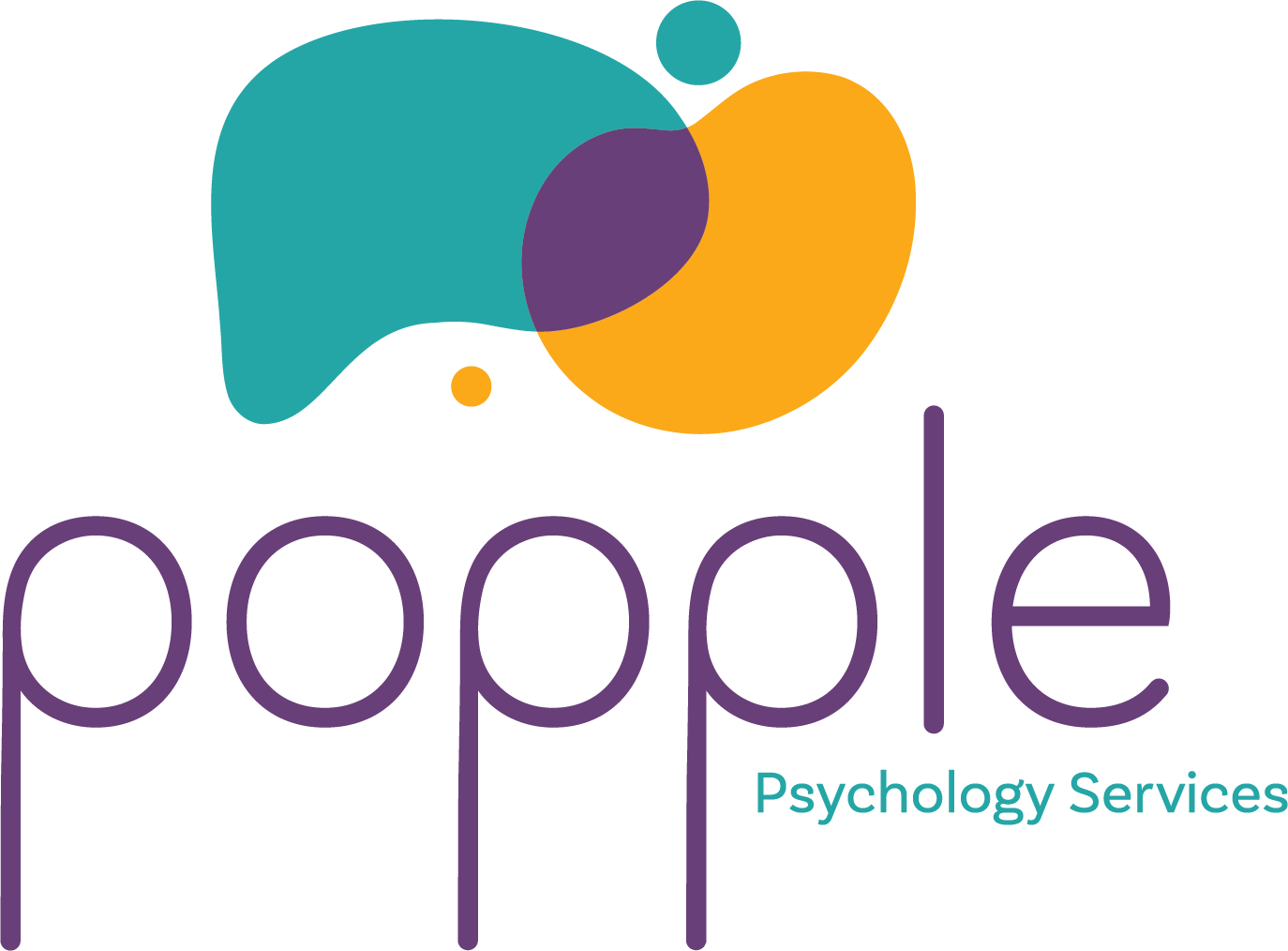
Psychogastroenterology
Evidence-Based GI-Specific Psychological
Services for Children & Adolescents
Psychogastroenterology is the application of psychological science and clinical practice to gastrointestinal health and illness. The past decade has seen a significant body of research examine the connection between the brain and the GI tract using a biopsychosocial framework. As a result, there is now a growing body of knowledge identifying many factors that influence (both directly and indirectly) how the brain and gut interact with one another (via what is called the brain-gut axis). In fact, there are several GI disorders that fall within a medical classification called Disorders of Gut-Brain Interaction (DGBIs). Individuals diagnosed with DGBIs often experience significant and impairing physical symptoms such as nausea, pain, vomiting, and altered bowel habits. For children and adolescents with DGBIs, physical symptoms can lead to withdrawal from enjoyable activities and social interactions, school absenteeism, worry, and anxiety. There can often be difficult emotions such as anger, hopelessness, and low mood when physical health prevents you from doing what you want to do. Fortunately, research has demonstrated that GI-focused psychological services can effectively reduce physical symptom impairment in DGBIs through targeting cognitive-affective and contextual factors that interact with the brain-gut axis.
I have completed specialized training and developed extensive expertise in providing GI-specific psychological services within my pediatric health psychology practice. In fact, I have worked with hundreds of children and adolescents with DGBIs to help manage physical symptom impairment alongside other members of their health care team (e.g., gastroenterologists, pediatricians, family physicians, registered dieticians). GI Psychology is a passion of mine and I actively keep on top of the latest research findings and clinical practices within this field in order to provide the best possible care to clients
Examples of DGBIs that I routinely see within my pediatric health psychology practice include:
Abdominal migraines
Cyclic vomiting syndrome
Functional abdominal pain
Functional constipation (with or without fecal incontinence)
Functional dyspepsia
Functional dysphagia
Functional nausea
Functional vomiting
Globus sensation
Irritable bowel syndrome (IBS)
Reflux hypersensitivity
Rumination syndrome
In addition to providing GI-focused psychological services to help treat DGBIs, I also provide GI-specific psychology services for:
Adjusting to & coping with inflammatory bowel diseases (IBD)
Adjusting to & coping with celiac disease
Adjusting to & coping with eosinophilic esophagitis (EoE)
Adjusting to & coping with other complex medical disorders involving the GI tract (e.g., short bowel syndrome)
Finally, for those seeking GI psychology services, it is important to remember that psychologists are not medical doctors and therefore do not diagnose GI disorders. Rather, GI psychology services are offered in addition to the care provided by your medical team to help manage impairing physical symptoms and improve quality of life.
